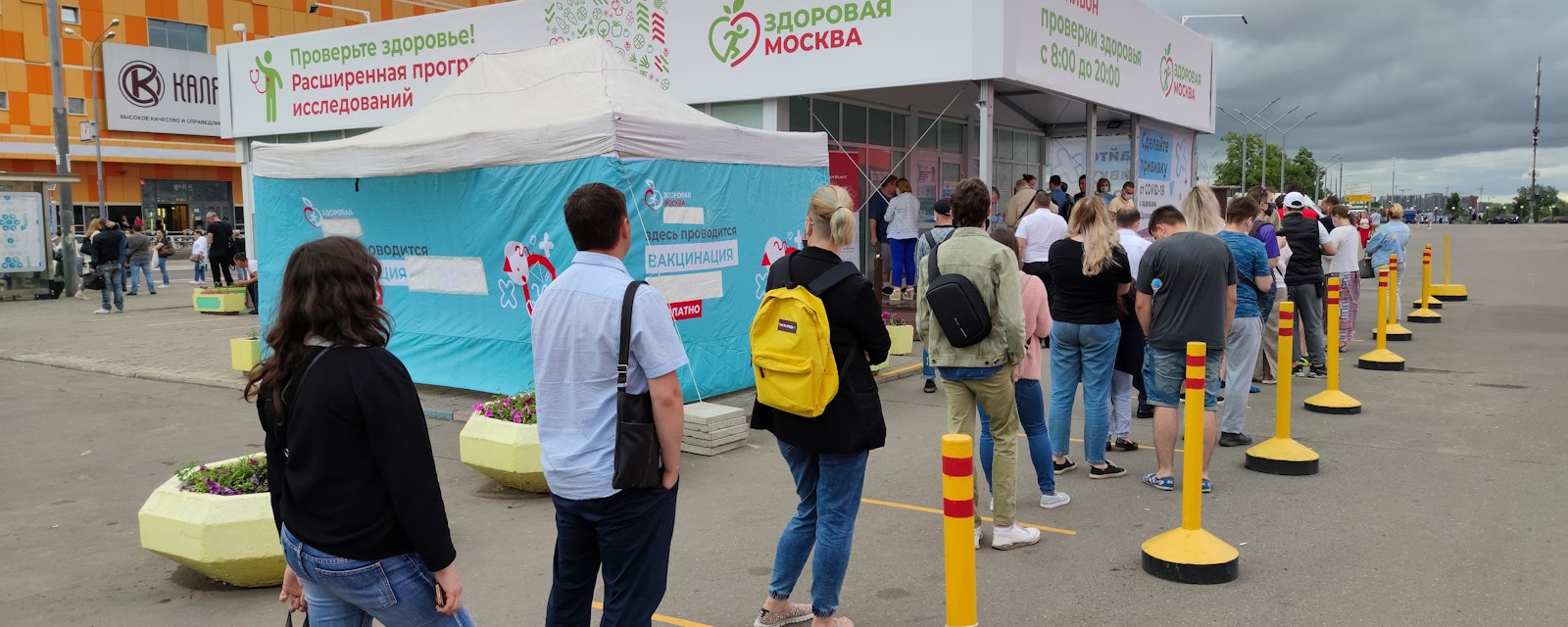Our Covid-19 vaccination table includes updated information on the immunization strategies selected EMs are pursuing and the challenges they face.
Below are some of the latest developments. Please do not hesitate to contact us if you want to discuss any of the countries mentioned in more detail.
Click on 'View PDF' to see the table.
Highlights
Vaccine Rollout
- Since October, Argentina has ramped up the vaccination of under 18s; in the first three weeks of administering doses to 3-11 year olds over October, 32.9% of this age cohort received a first dose.
- Nigeria’s vaccination rate continues to lag behind that of regional peers such as Kenya. Both countries have received large vaccine deliveries since August. However, Nigeria’s vaccination rate per 100,000 people merely increased from 1.88 to 4.19 between 9 August and 4 November, while Kenya’s respective rates jumped from 3.28 to 10.09.
- To reinvigorate its sluggish immunization campaign, Hungary is moving towards mandatory vaccination in workplaces. Employers will be allowed to suspend unvaccinated employees without pay for up to one year starting 15 December.
- In Russia, an extremely challenging epidemiological situation as well as mandatory vaccination for certain population groups has increased the rolling seven-day average of administered doses per 100,000 people nearly fourfold in early November, as compared to early October.
- Peru expects to receive 13mn vaccine doses (made up of Pfizer, Sinopharm, and AZ) during November, which will help maintain enough supply as the vaccination campaign extends to under 18s.
- In Poland, the government is planning to adopt new legislation which would allow employers to legally check the vaccination status of their employees, which is currently protected by privacy laws. This could increase pressure on employees to get vaccinated.
- South Korea now tops the G20 table with 77% fully vaccinated and 81% partially inoculated, though daily vaccination rates have slowed from 800,000 to 200,000, with the focus now on reaching pregnant women and minors aged 12+.
- South Africa’s vaccine rollout is now open to all adults and teenagers aged 12-17 (without parental consent). As the government’s rollout concerns have shifted markedly from vaccine supply shortages to lacklustre public demand, debates over vaccine mandates are intensifying.
- Brazil is currently registering the lowest number of cases and deaths since April 2020, as vaccines help curb the Delta variant. Booster shots are expected to become available for everyone over 18 by January.
- Singapore will stop providing free Covid-19 treatment to those who remain unvaccinated by choice.
Vaccine Procurement
- Chinese pharmaceutical company Sinovac has signed an agreement with Chile’s Catholic University to establish a “fill and finish” vaccine plant, which both parties hope to have up and running in H1/2022; the University of Chile has also signed an agreement to produce the GRAd-COV2 vaccine being developed by Italy’s ReiThera.
- Between August and mid-October, Nigeria received about 9mn doses of Moderna, J&J, AstraZeneca and Pfizer-BioNTech vaccines, mostly (7.6mn) as donations from the US government, compared to just 4mn earlier in the year.
- South Korea will purchase an additional 90mn mRNA vaccine doses next year and intends to source 10mn from forthcoming domestic vaccines, bringing its total stockpile to around 170mn.
- Indonesia has become the first country to grant emergency use authorization for the Novavax vaccine.
Infections and New Variants
- In line with the regional trend in Central and Eastern Europe, new infections are expected to continue rising sharply in the Czech Republic, Hungary and Poland in the coming weeks.
- India has so far avoided an infection surge despite the festival season; new cases are down to a historic low, but the threat of a case rise remains with increased social gatherings until December.
- Russia is monitoring the spread of a new strain (AY.4.2) of the Delta variant in the country.
Vaccine Diplomacy
- Colombia is to receive a donation of 2.2mn Pfizer doses from Germany in the coming weeks; the US has been Colombia’s largest vaccine donor, supplying around 6mn Moderna and J&J doses. Spain has also donated AZ vaccines to Colombia.
- Mexico has been lobbying the G20 and the World Health Organization (WHO) to authorize the Sputnik and CanSino vaccines to eliminate what it has labeled as vaccine “discrimination”; Mexico has received around 20mn Sputnik and 12mn CanSino doses but people who have received these vaccines cannot travel to the US under current rules.
- The United States donated 1.5mn additional Moderna vaccine doses to Taiwan in early November, bringing total US donations to the island to 4mn. Taiwanese President Tsai Ing-wen said the donation showed that the US support for Taiwan was "rock-solid."
- Africa’s status at the back of the queue in the global vaccine race has galvanized efforts to boost regional production capacity, with Covid-19 “fill and finish” facilities manufacturing plants in Egypt, Morocco, South Africa and Rwanda. The WHO has also contracted South Africa’s Afrigen Biologics and Vaccines to reverse engineer an mRNA vaccine based on the Moderna vaccine.
The views and opinions in these articles are solely of the authors and do not necessarily reflect those of Teneo. They are offered to stimulate thought and discussion and not as legal, financial, accounting, tax or other professional advice or counsel.




